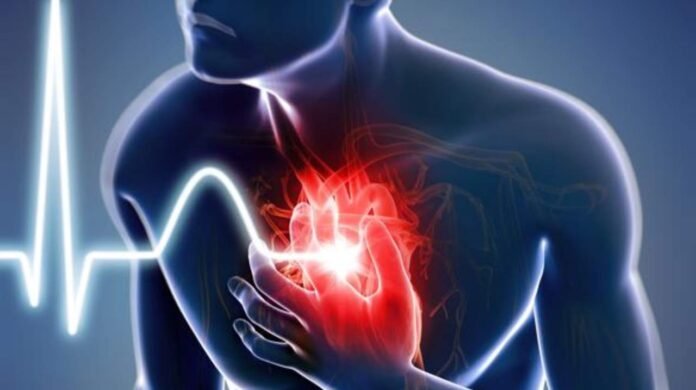Struggling with heart disease? A heart health problem is a severe threat to life; it requires that you take proper care of your heart. When you visit a doctor for a heart checkup, the doctor asks about your family history and examines you properly to know about heart health problems.
A healthy heart means a healthy you!
Tests for heart help you know the cause behind your heart problems. This write-up contains the types of heart tests the doctor uses to diagnose health conditions. Know the risk factor of catching a heart problem. Take a look below to know more.
Ways and Types of Tests to Detect Heart Health Issues
The following tests detect your heart health issues which help you in taking safeguard before it turns into something hazardous. Before knowing about the tests, let’s give you a gist of the symptoms of heart health issues.
- Pain in the chest.
- Unconsciousness.
- Difficulty in breathing.
- Swelling of legs and hands.
- Rapid heartbeat.
If you experience these symptoms, you need any of the following heart tests.
ECG Test ( Electrocardiogram Test)
ECG is an ultrasound test of the heart where the transducer (tiny probe-like microphone) is fit on the chest in a different position to check the heart rate. The waves are measured to know how much time a sound wave takes to return to the transducer and obtain the same data.
During the Echo Test, a patient must lie back for 45 minutes to get a clear picture. The echocardiographer shows the date and contains the diagram indicating your heart rate.
Holter Monitoring Test
For Holter monitoring tests, there is a small portable device that a patient needs to wear for 1 or 2 days to know the recording of EKG. Your daily activity is taken into account to detect arrhythmias.
Stress Test
The stress test or Nuclear Stress Test has two elements; one is a treadmill, and the other is a heart scan. These elements check the amount of blood your heart receives when stressed out. All the process is done using a nuclear camera, also known as a Nuclear Stress Test.
Carotid Ultrasound Test
This is done to check the risk of stroke. The test is done by pressing the transducer softly at the side of the neck to obtain an image of the artery. It checks the flow of blood from the side of the neck. Besides, it detects stenosis. A patient needs to lie on the back during the examination, and a gel is put on the skin. The duration is 15 – 30 minutes.
Abdominal Ultrasound Test
Here, the transducer is gently pressed, and a gel is applied to the abdomen to monitor the blood flow. This test takes 20 minutes to give you the report.
Event Recorder Test
In an event recorder test, a tiny and portable transtelephonic monitor that a patient needs to wear for a few weeks. Whenever the patient faces any symptoms, the sonographer presses the record button to get the records. This test is recommended for those who frequently face signs of bad heart health.
Cardiac Catheterization Test
The cardiac catheterization test is a test to diagnose and treat heart disease. How does the test treat heart disease? The test treats heart problems by opening up the blocked veins and arteries using the stent placement method or another method known as balloon angioplasty.
The doctor recommends cardiac catheterization when the blood vessels are getting narrower, blood is not flowing properly, or if a person has a specific heart defect.
Besides, there are various blood tests to determine the condition of your heart.
- Lipid Profile Test:- A lipid profile test checks the level of cholesterol and triglycerides to state your heart health condition. An increased cholesterol level means an increased risk of heart attack or stroke.
- Vitamin Profile Test:- A lack of vitamins and other essential nutrients hampers the metabolism rate of the body resulting in heart problems.
- Thyroid Profile Test:- A thyroid profile test is necessary to check for heart health issues. Thyroid disease is associated with an increase in weight which increases the risk of heart health. Therefore, you might also need a thyroid profile test for your symptoms.
Notes:- High intake of fats damages the nerve and blood vessels of the heart, and damage to nerves makes it difficult to transfer oxygen to the heart. Hence, if you see any symptoms of heart issues, you must cut off and reduce your fat intake to regulate your heart health.
Extra Notes
Don’t compromise on your heart health, compromise on your junk food intake, quit smoking and alcohol. If you notice specific signs of heart health issues, you must consider a heart test to know the cause of the problem. Besides, reducing your weight is beneficial for preventing specific heart attacks and strokes.
Heart diseases are life-threatening, but you can treat and manage your heart issues with effective ways and treatment. All it requires is a little attention from your end.
